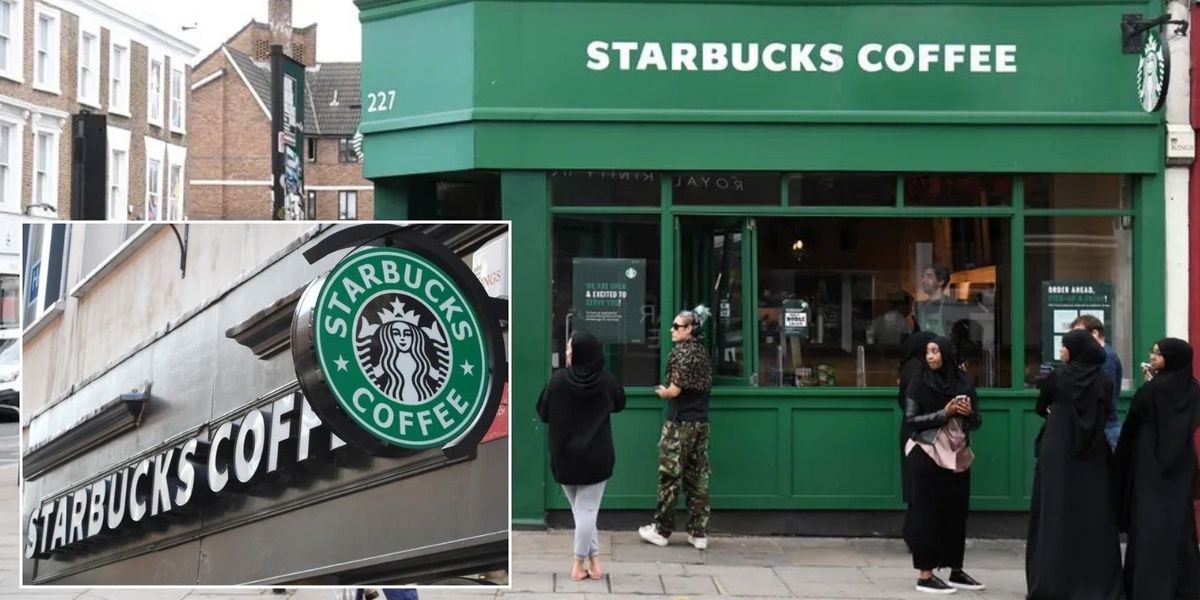Pub owner Kate Stewart has outlined her concerns on GB News about an impending beer shortage that many fear will wreak havoc on the UK’s hospitality sector.
The UK is preparing for one of the worst harvests the country has ever seen, farmers have warned, which could mean wheat crops are set for a mighty hit.
This could trigger beer shortages, as well as other products like bread and cereals.
Speaking on GB News, Stewart, who owns The Sandon in Liverpool, rued yet another potential blow for her business and the industry as a whole.
Kate Stewart is fearful of what the future holds
GB NEWS
“Without using bad language, there are no words to describe how much of a major blow this is for the hospitality industry”, she said.
“I wake up every day with anxiety thinking, ‘what is going to happen to us now?’.
LATEST DEVELOPMENTS
“Not only is the Government battering us, the weather is too now. We need beer and we need community pubs. We need people to come together.
“I feel like giving up somedays, I really do.”
Martin Daubney added that punters are also being hit in their pockets with price surges and Britons are in turn having to shell out more for a pint.
Stewart said pub owners have little say on the matter and are held to ransom by a variety of factors.
Kate Stewart joined Martin Daubney on GB News
GB NEWS
“There’s nothing we can do”, she said.
“We have to buy from the brewery, we have VAT, we have what we take, it is an absolute nightmare.
“Being in the pub game now is very difficult. We don’t want to sell beer at an inflated price, we want them to be as low as possible to get people through the doors.
“We have no option, they’re going to go up again in the new budget. There’s no help for us.
PA
“What are we supposed to do? The only option is to close the doors and say ‘enough is enough’.”
Speaking to The Sun, wheat farmer Roger Palmer, 66, said: “There’s no doubt there will be a shortage.”
Farmer Charles Goadby, of Nuneaton, said it was an “absolute nightmare”.
Tom Lancaster, a farming analyst at the Energy and Climate Intelligence Unit (ECIU) described 2024 as “a year to forget.”
He said: “The recent benign summer has failed to make up for six months of seemingly endless rain over the winter, the effects of which are now becoming apparent.
“More than most, farmers are on the front line of climate change, and this is what that looks like. Extreme weather is already feeding through to higher food bills and a greater reliance on imports.”











